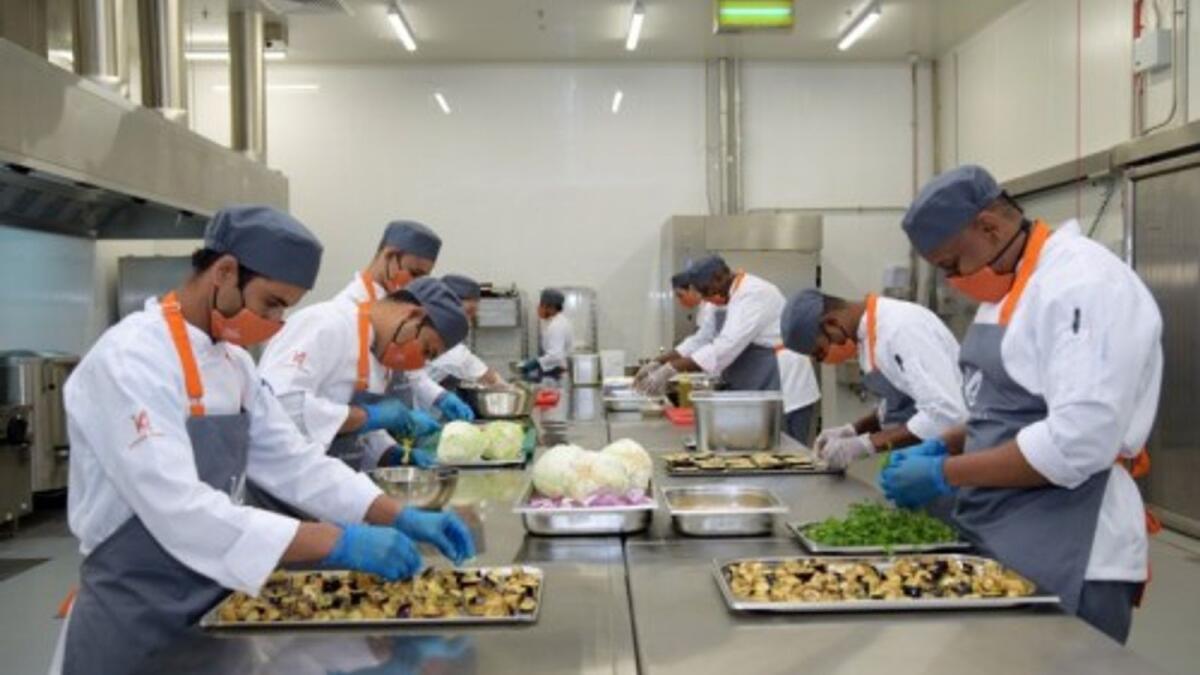The GCC hospitality market is facing a significant shortage of skilled professionals, with a projected need for more than 90,000 workers by 2026. According to a Colliers report, the UAE and Saudi Arabia are expected to be the primary markets in need, requiring 82,000 skilled hospitality professionals by 2026. Speaking at the launch of the GCC Hospitality Industry Report, Lokesh Singhania, director of Alpen Capital, highlighted the importance of proactive measures such as investing in training, education, and other programs to address the shortfall of skilled workers in the industry.
Rohit Walia, executive chairman and CEO of Alpen Capital, emphasized that the sector is facing a shortage of skilled workers and requires support to recruit and retain adequately trained professionals for various roles. He noted that increasing competition within the industry is creating pressure on existing infrastructure, resources, and market positioning. The Alpen Capital’s GCC Hospitality Industry Report 2024 highlighted that the shortage of skilled workers presents a significant obstacle to the sector’s growth trajectory, impeding its ability to recruit and retain trained professionals for various roles.
The report also mentioned that GCC countries will continue to host major events that attract international visitors, such as the Formula One Saudi Arabia Grand Prix 2024, the Olympic Asian Winter Games 2029, Riyadh Expo 2030, and the Fifa World Cup 203472. Additionally, GCC countries are making significant investments in infrastructure improvements, airport expansions, luxury hotels and resorts, MICE and corporate tourism promotion, and increased cultural events, contributing to the region’s vision for a thriving hospitality sector. The sector is projected to grow at 7.5 percent between 2023 and 2028, reaching an estimated $48.1 billion by 2028, driven by the collective efforts of all GCC countries.
The UAE’s hospitality market is expected to rise at 6.9 percent per annum, reaching $10 billion in 2028 compared to $7.1 billion in 2023. This growth is attributed to the country’s appeal to international tourists as a leisure and business hub, supported by a well-developed tourism infrastructure. As part of its tourism strategy, the UAE aims to receive about 40 million hotel guests annually and increase the tourism sector’s contribution to the GDP to $122.6 billion by 20318. The study also noted that multiple-entry visas for Indians and the MICE industry will boost the UAE’s travel, tourism, and hospitality industry.
International tourist arrivals in the UAE are forecasted to increase by 5 percent over the four years to reach 30.4 million in 2028. The UAE is expected to see an increase in its occupancy rate by 400 basis points to 78.7 percent between 2023 and 2028, with the average daily rate projected to grow 2.2 percent to reach $161.1 by 2028 from $144.5 in 2023. The Alpen Capital’s report highlights the positive outlook for the UAE’s hospitality sector and the potential for growth in the coming years.











